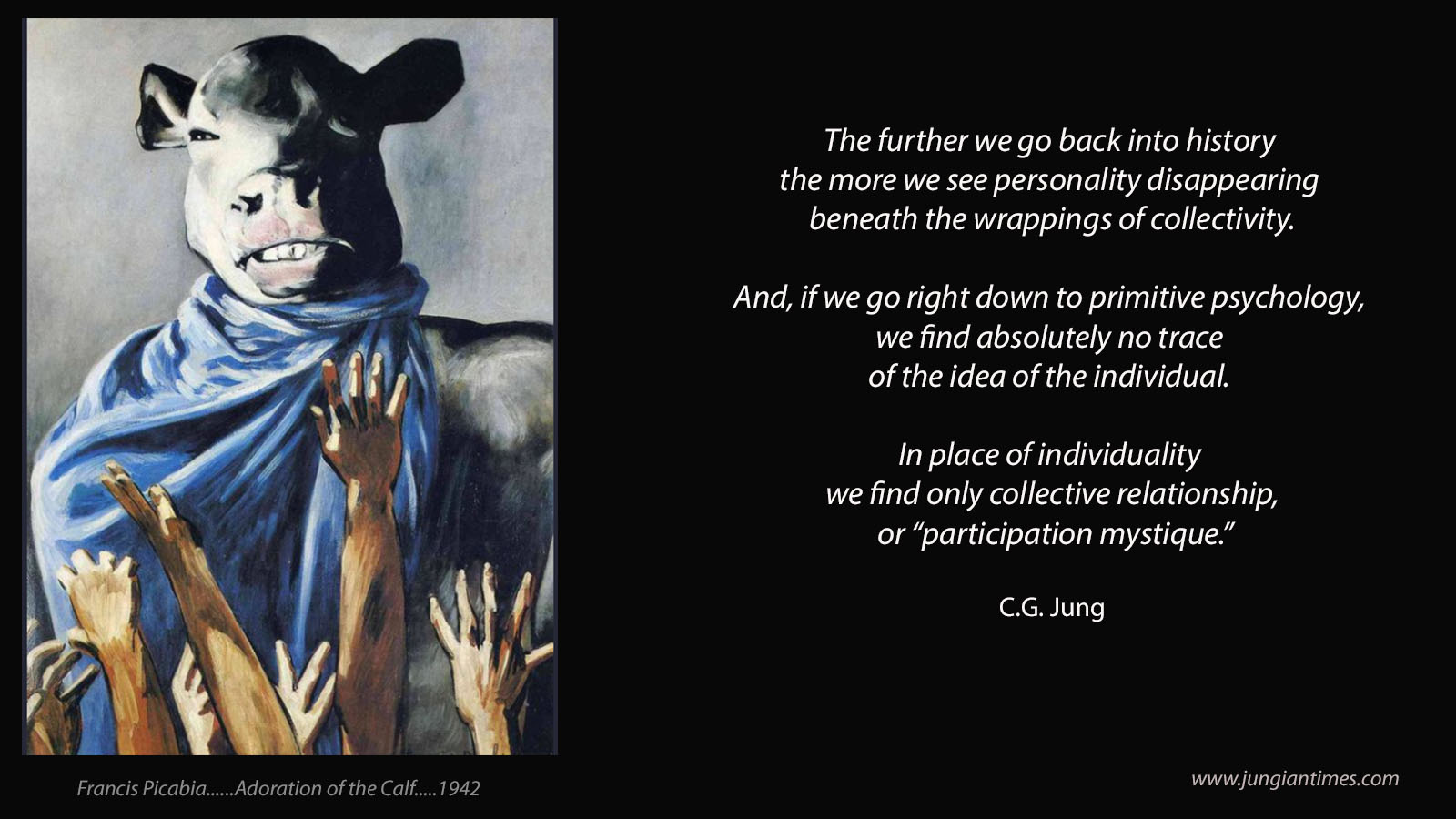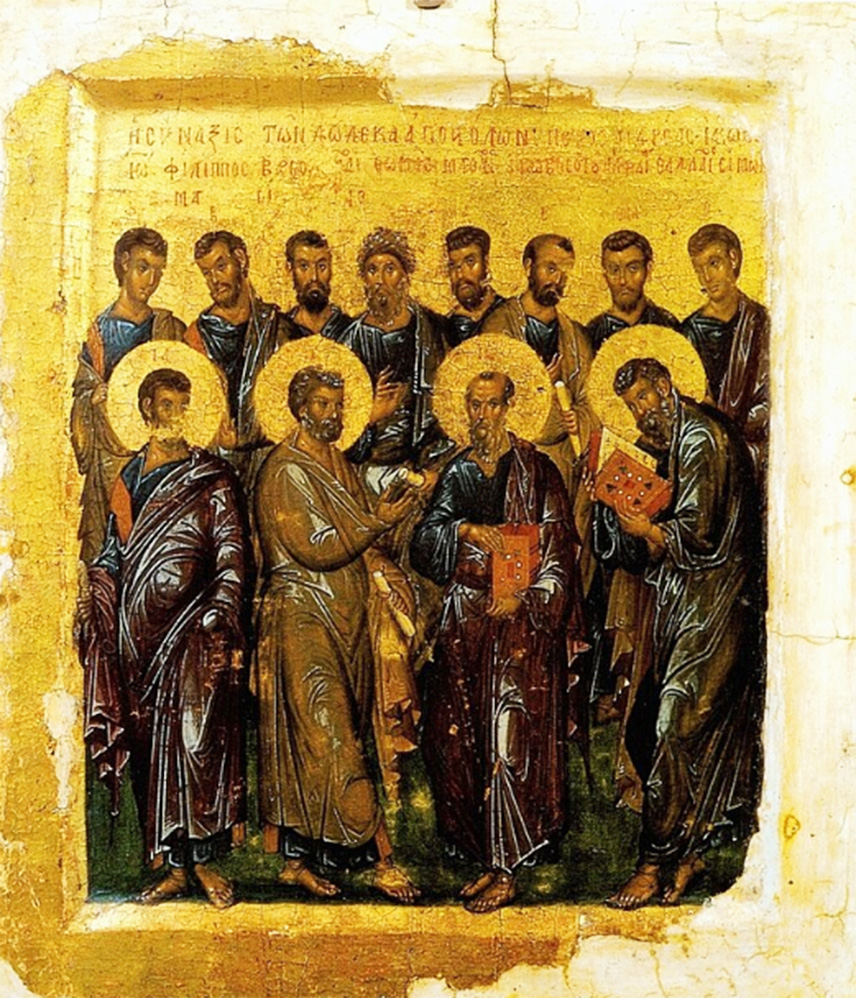
C.G. Jung, The Archaic Man and Participation Mystique
The archaic man] lives in such “participation mystique” with his world, as Lévy-Bruhl calls it, that there is nothing like that absolute distinction between subject and object which exists in our minds.
What happens outside also happens in him, and what happens in him also happens outside.
Collected Works, Volume 8, ¶ 329
If we go right back to primitive psychology, we find absolutely no trace of the concept of an individual. Instead of individuality we find only collective relationship or what Lévy-Bruhl calls participation mystique.
The collective attitude hinders the recognition and evaluation of a psychology different from the subject’s, because the mind that is collectively oriented is quite incapable of thinking and feeling in any other way than by projection.
What we understand by the concept “individual” is a relatively recent acquisition in the history of the human mind and human culture.
Collected Works, Volume 6, ¶ 12
In a comparatively primitive person this creates that characteristic relationship to the object which Lévy-Bruhl has fittingly called “mystic identity” or “participation mystique.”
Thus every normal person of our time, who is not reflective beyond the average, is bound to his environment by a whole system of projections.
So long as all goes well, he is totally unaware of the compulsive, i.e., “magical” or “mystical,” character of these relationships.
But if a paranoid disturbance sets in, then these unconscious relationships turn into so many compulsive ties, decked out, as a rule, with the same unconscious material that formed the content of these projections during the normal state.
So long as the libido can use these projections as agreeable and convenient bridges to the world, they will alleviate life in a positive way.
But as soon as the libido wants to strike out on another path, and for this purpose begins running back along the previous bridges of projection, they will work as the greatest hindrances it is possible to imagine, for they effectively prevent any real detachment from the former object
Collected Works, Volume 8, ¶ 507
The projection of unconscious contents through participation mystique:
For archaic man this distinction does not exist, because psychic happenings are projected so completely that they cannot be distinguished from objective, physical events.
For him the vagaries of chance are arbitrary and intentional acts, interventions by animate beings.
He does not realize that unusual events stir him so deeply only because he invests them with the power of his own astonishment or fear.
Here, it is true, we move on treacherous ground.
Is a thing beautiful because I attribute beauty to it?
Or is it the objective beauty of the thing that compels me to acknowledge it?
As we know, great minds have wrestled with the problem whether it is the glorious sun that illuminates the world, or the sunlike human eye.
Archaic man believes it to be the sun, and civilized man believes it to be the eye— so far, at any rate, as he reflects at all and does not suffer from the disease of the poets.
He must de-psychize nature in order to dominate her; and in order to see his world objectively he must take back all his archaic projections.
Archaic Man
Collected Works, Volume 10




But as soon as the libido wants to strike out on another path, and for this purpose begins running back along the previous bridges of projection, they will work as the greatest hindrances it is possible to imagine, for they effectively prevent any real detachment from the former object
Collected Works, Volume 8, ¶ 507
This is tough, tough work!!!